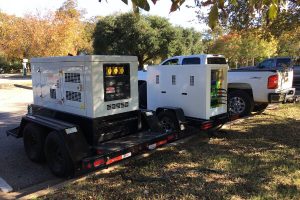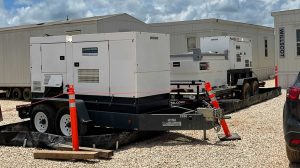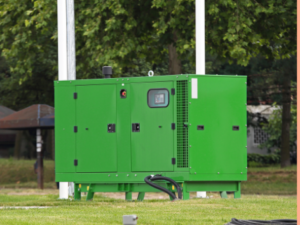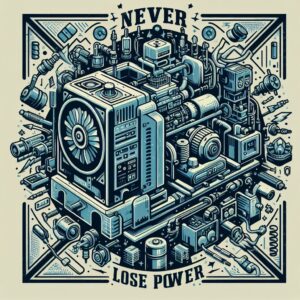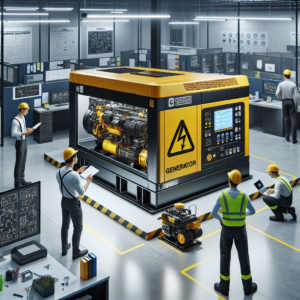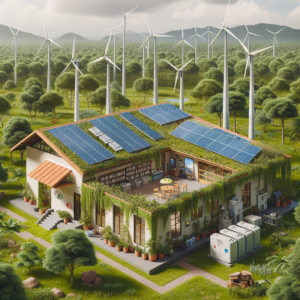“My optimism is what has carried me through. There’s several times where I probably would have just walked away if I hadn’t had that optimism.”
Many of us don’t often take time to reflect on our careers, what it took to get here and where we’re headed. As part of an ongoing series we’re interviewing professionals in and around the construction and oil & gas industries to share their stories and wisdom for younger professionals to consider as they forge their own careers.
JCDP:
How did you get started in oil and gas?
James Abell:
Long story short, I married into it. My wife’s family has been involved in the oil and gas industry in some form or fashion since her great grandfather. About a year after we married, we moved from Austin to Killgore to work for her father’s company, Maxima Energy. He was an independent oil and gas operator here in East Texas. I always had a love of the outdoors and anything mechanical. Even though I didn’t know anything about oil and gas at the time, it seemed to be a career path that I would really enjoy. Before we moved, I was a finance manager at Covert Chevrolet in Bastrop, which was a good business experience, but I found that I didn’t really like the car business.
James Abell:
I felt like everybody, regardless of whether you were trying to give them a good deal or not, was inherently suspicious of car salesmen and finance managers and thought that you’re trying to take advantage of them. So it just I found it was a combative atmosphere which was something I knew I was not going to enjoy the rest of my life.
JCDP:
Did you study finance in college?
James Abell:
No. I was one of those who went to college not knowing what I wanted to do. I had a lot of different interests, I just hadn’t focused on one particular career path yet.
I started off in business school on a management track and then switched to wildlife fisheries science. Somewhere along sophomore year, I found that it was a lot less wildlife and fishing and a lot more technical science. Also, there weren’t many good career opportunities with just a bachelor’s degree, and I wasn’t ready to commit to pursuing a master’s or doctorate. A few of my upperclassmen in the Corps were Agricultural Development majors. After learning a bit about that, I made the switch.
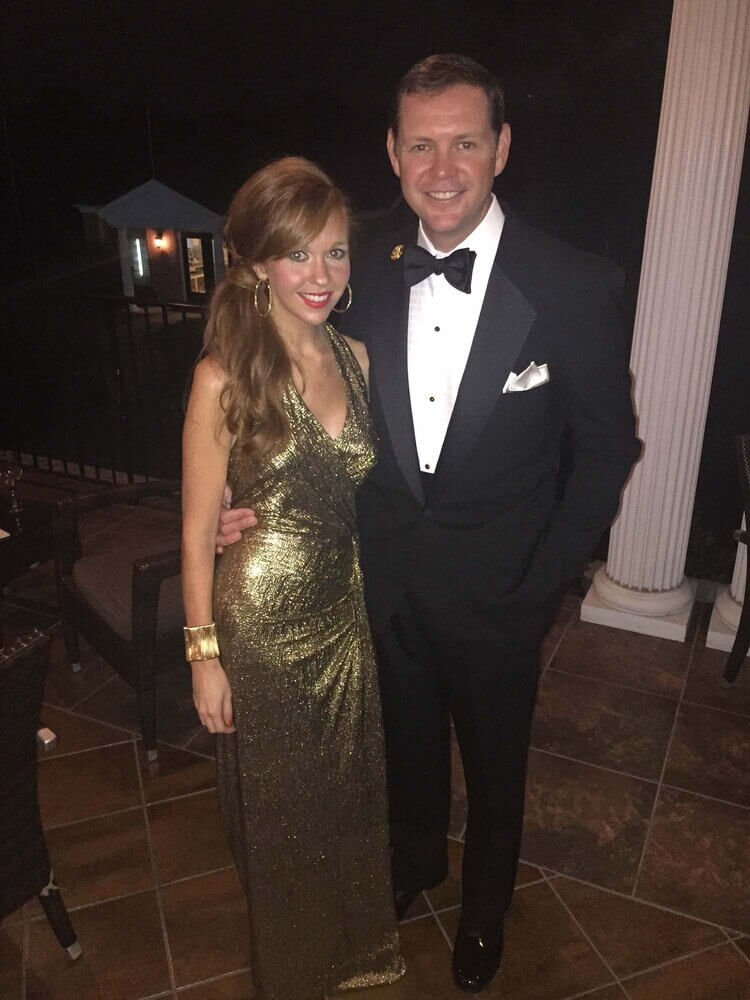
It is essentially what I would call corporate agriculture – Ag with a strong business component to it, more focused on working for John Deere or Monsanto, or some other large ag-related corporation. They had a pretty good track record of job placement after college and I liked the Ag school. Professors were great. Classes were interesting.
But once I got out of school, I decided I wanted to move back to Austin and there just weren’t very many Ag jobs available.
So I ended up working for a couple of different technology firms and then got into politics. I worked on a couple of different political campaigns and that’s where I ended up meeting my wife. I got out of politics and was planning on going to either business or law school. I actually took both the LSAT and GMAT.
While I was waiting on results and trying to figure out where I wanted to go, I went looking for a temporary job at Covert in Bastrop. I went to meet with the owner, Rox Covert, and asked if I could come work for a period before I went back to school. He suggested that instead of paying for business school, that I learn business working at the dealership and work into management for him. I didn’t see the harm in at least starting down that path, so I did. I started off in their parts warehouse, went to the parts counter, both on the inside and outside sales, worked on the service drive, came up in the business office, worked in sales for a while, and then transitioned into finance. And that was when we decided to move up to East Texas, or I guess I might be managing a car dealership somewhere today.
I did end up deciding to get an MBA a couple of years ago. I felt like I wanted to have more to fall back on if things ultimately didn’t work out for me with our business. I was scrolling through Facebook one day and saw an ad for an online program through Oklahoma Univerisity that was an MBA in Energy Management. That’s what really got me thinking about it more seriously. I talked it over with my wife and kids because I knew it would be a huge time commitment. They were all supportive so I applied and was accepted. It was a 15-month program, and I finished up about a year ago.
JCDP:
So the move was to be closer to your wife’s family?
James Abell:
It was more to try to find a career path that I thought was more, me. I’d always wanted to do something entrepreneurial and at that point, not identified what that was. Early on during my experience in the car business, I had thought that I would like to try to open my own dealership someday, but the franchise fees are extremely expensive and I hadn’t yet figured out how I was going to tackle that. Also, Austin was already a pretty saturated market. I would have had to figure out where to locate, what brand to sell, etc… The biggest thing though was that I discovered that I didn’t like the whole feel of the car business. Like I said, I didn’t like the adversarial nature of the sales process.
Oil was trading at near-record levels at the time and I thought it sounded like an exciting career path. What’s more Texan than the oil business? I laugh about it now, but I walked past the petroleum engineering and geology buildings almost daily. I obviously didn’t know where I would ultimately end up at the time but it sure would have been nice to be either a geologist or a petroleum engineer. It would have been helpful.
But truthfully, most of the people working in this field don’t have a college degree. Most of the really good consultants and other folks just grew up in this business and learned it on the ground. So I moved up here to try to find a career path that I was going to find satisfying. And my wife was willing to change her career and make that move, and glad to be back close to her family.
JCDP:
What was your first position in the oil and gas industry?
James Abell:
My first job would be what’s called a pumper. I went around to all the leases we operated every day, every single well, made sure that they were pumping as they should, checked the levels in the tanks to see how much oil they made in the past 24 hours and kept track of when it was time to call the oil in to be picked up.
At that time oil was trading higher than ever, and it was incredibly difficult to get what’s called a well-servicing rig when you needed to work on one of your wells. We were a relatively small operator compared to others around us. And like anything mechanical the wells will go off from time to time. You have to have a well servicing rig, which essentially looks a lot like a mobile crane. It pulls in and backs up to the well and has a derrick that then goes up in the air and enables you to pull out all the components that are in the well, the rods, the tubing, the pumps, etc. And so these were incredibly hard to come by at the time because they were in high demand. Everybody was trying to put wells back on that had been shut in and just to work on existing wells. So we decided to purchase our own well servicing rig. My father-in-law had actually been in that business several decades prior and it was something he was familiar and comfortable with. So we bought one of these well servicing rigs and they put me on it as the rig supervisor, even though I had absolutely no idea what I was doing.
He gave me just enough rope to hang myself without letting me get too far or making too many mistakes.
I had a really, really good crew and they honestly didn’t need any supervision. They basically taught me how to do my job. That, and I had a really good mentor. My father-in-law had a longtime friend and business partner that sort of took me under his wing. He would stop by several times a day to check on me and help me out. Between him and the rig operator, they gave me the bulk of my “education.” So I spent two years doing that and it was a lot of fun. That was probably the most fun part of my career.
We worked mostly for ourselves, but over the course of those two years, we got caught up on a lot of our stuff and we started working for other companies as well, mostly other small local independents that we knew well.
The big transition was when a private equity company out of Houston came along and made my father in law a nice offer for his oil production. He accepted and so overnight we sold out and I was left wondering “what now?” What we decided to do was to go ahead and grow the service company as a standalone business. It was at that time that I actually bought into the business. Before then, I had just been an employee. That was probably 2010. The other 3 partners named me president and we decided to start aggressively growing the business. Between 2010 and early 2014 we grew from one rig and five employees to eight rigs and about 60 employees.
So everything was rocking along just great through most of 2014. Then on Thanksgiving Day OPEC came out and announced they were going to flood the market to try to drive U.S. shale out of business. Oil went from $140 a barrel on a straight track down to the $20’s over the next several months. Everything changed.
Then the plan became much different.
Up to that point, I’d say we had very big plans about where we were headed and everything felt good. Everything looked great. Then we had to figure out how to make this thing work in a new environment.
A lot of that had to do with trying to lower expenses. We were able to renegotiate with our lenders to refinance all our equipment to drop our monthly payments. Everybody took pay cuts, and we had to lay off a bunch of people. We had to stack some equipment.
It became a very, very cutthroat industry.
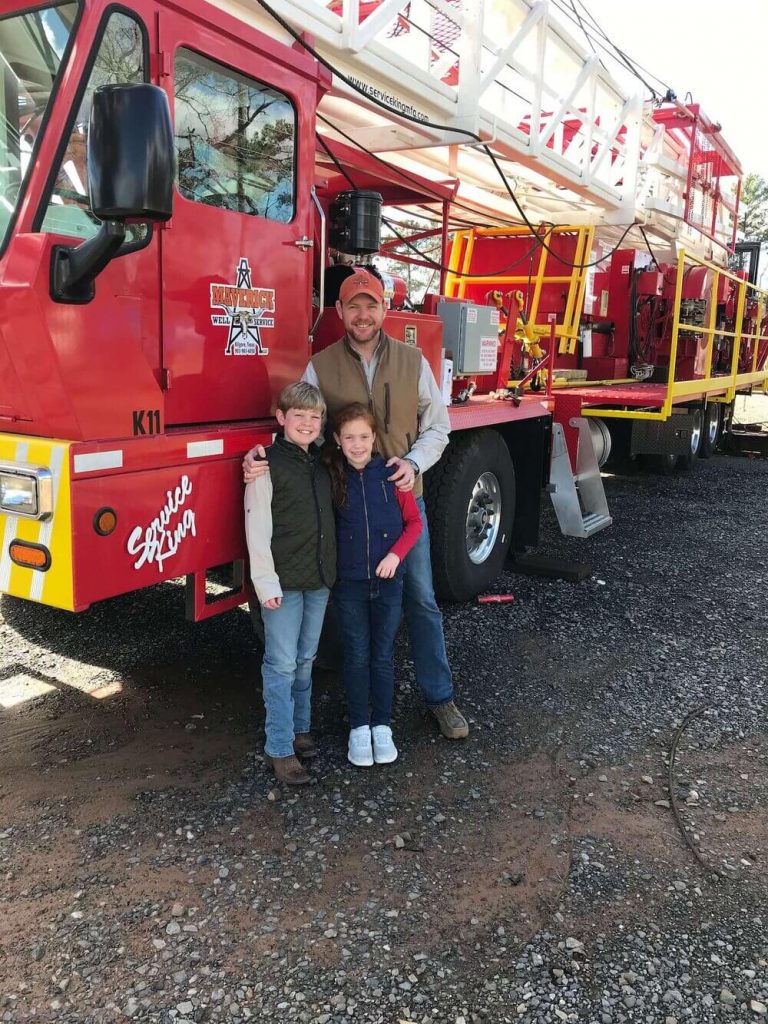
It became much more important who your employees were and the strength of the relationships you had with your customers.
Thankfully, we had always been incredibly picky about who we hired to be rig supervisors. I only went after supervisors that were already established in the industry and had their own work. Until recently, we never had a salesman. The rig supervisors really were their own salesmen. So I didn’t hire somebody unless they were bringing us new work that we didn’t already have. That strategy didn’t make me a whole lot of friends with other companies, but it was very effective. We found that these supervisors were loyal to us because we treated them well, their hands were loyal to them, and the companies were loyal to them. They’d been working with them for so long that they trusted them and didn’t necessarily just want to work with whoever was the cheapest.
So even in a depressed environment, we were getting more of the share of the work than a lot of our competitors were. And that’s why we were able to make it through.
Right now, we’re facing a similar challenge. Two years ago we started growing again with the idea that we would get to a point where we could have some sort of buyout event. We added another three rigs and opened up a new location. So we were running 11 rigs and about 85 employees. And again, Saudi and Russia this time decided they were going to try to flood the market and then not more than about a month later the coronavirus hit. I was on spring break with the family in Belize when all this happened. When I left we had 11 rigs working. When I got home they were all in the yard. So we made the hard decisions when I got back and decided to stack six rigs and only try to run five. I told the supervisors we were going to run two of them per rig and one of them was going to have to run the rig instead of the rig. I moved the operators to the derrick, the derrick hands to the floor, and laid off half the floor hands. I want to be ready when things do turn around to ramp up quickly, and having those key employees still here will allow us to do that. But we did have to lay off around 40 people. I think we have 37 employees today. We’re just trying to hunker down and make it through to the other side.
JCDP:
Do you see any light at the end of the tunnel?
James Abell:
I do. As a disclaimer, I will have to tell you that I am a hopeless optimist.
But I do see a light at the end of the tunnel. Oil is $17.66, as I’m looking at it right now, which I never thought I’d be happy to see it at $17.66. But bearing in mind that it traded at negative $40 a week ago, $17.66 is pretty good.
It’s up two dollars and sixty cents today.
I think the price is low because we’re not burning any fuel as a world economy. Everybody’s sheltering in place and not driving anywhere, not flying anywhere, ships aren’t moving. I think as things open up, there’ll be a rapid recovery. And truthfully, the longer that things stay shut down, the better off we’ll be. Shutting in a well is a lot like leaving your car parked for a long time without firing it up. When you do, there are problems. So there will be a lot of work on the other side of this if we can just hang on.
JCDP:
Going back to the transition that you made into oil and gas, what was one of the biggest challenges you faced during that transition?
James Abell:
Getting familiar with the drastic volatility in this industry. That’s the hardest because like I said, I am an optimist and I always think things will go well.
Early on, we did some drilling projects, and I invested some of my personal money in some of those. The majority of them didn’t turn out. They were dry holes or just made so little that I’ll never get my investment back.
JCDP:
But sometimes it’s that optimism that carries you through and helps you to persevere. Was that something that grew over time, or has that always been consistent throughout your career?
James Abell:
My optimism is definitely what has carried me through. There have been several times where I probably would have just walked away if I hadn’t had that optimism. There were several times where I’ve contemplated tucking my tail between my legs and going back to Austin and going back to the car business.
But I knew that wasn’t who I was. I knew that wasn’t what I wanted to do. And I knew that I wanted to prove that I could make it in this business. And I think that optimism has carried me through. I think though, that if I could go back there are several decisions I made where I wish I would have been more conservative.
I wish I would have analyzed them with a little more of a conservative bent. Maybe passed on going in on some wells, maybe not bought that rig at that time. There was one year we bought three rigs. That was probably a little too aggressive. We probably would have been in a little better off position if we would have grown a little slower.
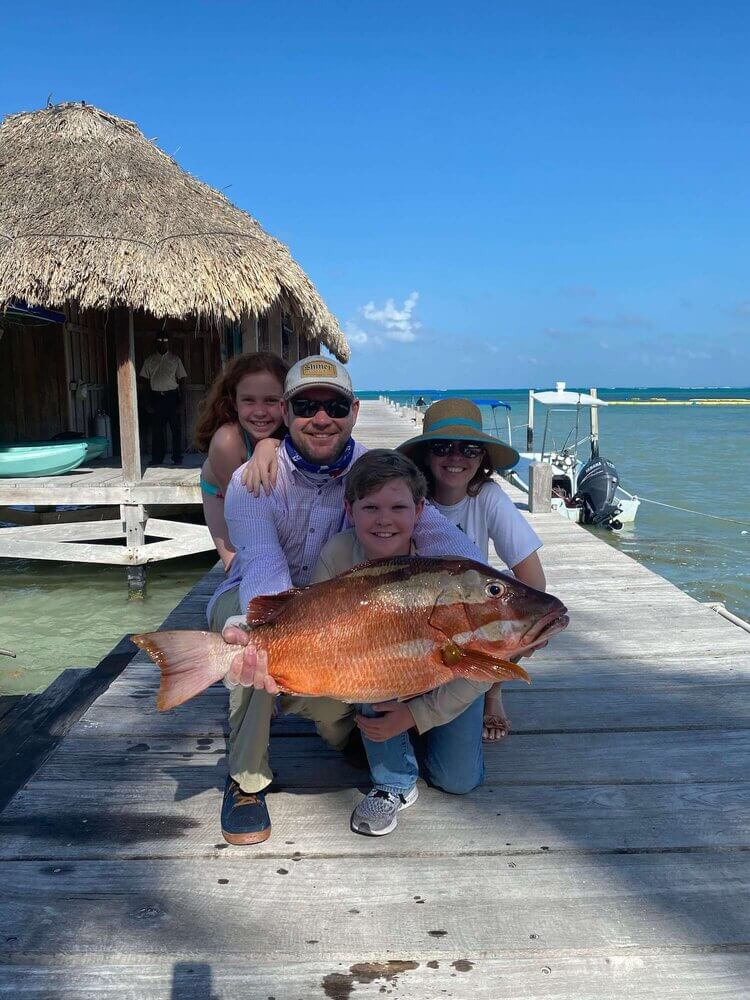
My optimism is definitely what has carried me through.
JCDP:
Have you found it easy or difficult to pass on that sense of optimism to your team, especially in these times? Do you have any advice for others on how to do the same?
James Abell:
I certainly think it’s important to stay positive in front of your employees. I mean, if you’re a manager or the owner, these people are looking to you to give them a reason to come to work every day and to think that things are going to be okay. That’s not to say that you should lie to them. You always include them in the conversation when things are not great, and discuss how we’re going to get through it together and that sort of thing. But in large part, you have to keep in mind that these people are worried about putting food on their table and taking care of their family. If at all possible, you have to give them a sense of security.
JCDP:
You already touched on a really big part of how you see the industry changing and what you are doing to prepare for that. Are there any other particular changes that you see coming up?
James Abell:
Well on a grand scale, there is a strong, strong desire from a lot of people to get away from fossil fuels and to move towards what people consider green energy. Our industry as a whole gets a lot of bad press. So I think we always need to keep our eye on that. Personally, I don’t feel too threatened by that. I look at an overall energy mix. I think that we should use whatever form of energy is appropriate for a given location – whatever is the cheapest, most efficient energy source. There are some places where wind energy does make sense. There’s a lot of places where it doesn’t. There are some places where solar makes sense and some places where it doesn’t. I think the general public is misinformed about what the current reality is. Many people honestly believe that it is simply just a choice, that we could just go completely green tomorrow f we wanted to. I don’t think they realize that natural gas is really very clean and efficient, and a heck of a lot cheaper than wind or solar. I do think it’s a good thing to transition from coal to natural gas though. And I think there are a lot of things we could work on within the existing energy grid to make it more efficient. I think we need to focus more energy on those projects before trying to skip all the steps to go completely green. With that in mind, I am really not too worried about being driven out of business over the green revolution. However, I think we should be aware of the public sentiment, and as an industry focus on public education.
In the shorter term, I think the market will become more competitive.
I think the companies that adapt and change and find ways to use technology to do better analytics and make things more efficient are the ones that are going to survive. The cycles, I think, are going to be shorter because the time between drilling and putting a well on production are much shorter now than it used to be. There have been efficiencies that have come just in the last decade that are huge. With the advancements in drilling and directional drilling and fracking, it doesn’t take near as long between the time drilling starts, and oil starts going in a tank. I think this downturn is going to drive a bunch of people out of business but, when things come back the other way, I think you’re going to see it move pretty quickly. Companies will get back into the space quickly and get wells back online. And so I think the boom to bust cycles are probably going to be tighter.
Before all this happened, we were in the process of trying to get off the old legacy paper tickets and sending invoices in the mail, as well as a lot of other good uses of technology. We were looking at several different options with companies to deploy something like tablets in the field to do electronic invoicing. We were looking to start doing all our rig inspections and other safety-related things electronically. We were going to use GPS tracking on all our vehicles as well as real-time engine monitoring to anticipate and prevent maintenance issues. I also wanted to develop a system to allow our customers to actually see what was going on at the job site and monitor the progress of their jobs. Those sorts of things. Basically I want to be able to better analyze all our operations to make us as efficient as possible. Where are we wasting money? Where are we leaving money on the table? Where can we set ourselves apart from our competitors?
JCDP:
What advice would you give to yourself starting out in this business?
James Abell:
Well, going back even further than that, I didn’t really know what I wanted to do in college. Not that the Ag was a waste. It certainly wasn’t. I learned a lot. I did have a lot of business classes, but I would have been better off staying in the business school and probably majoring in accounting. Now, obviously, if I’d known I was going to be in oil and gas, I would have been a petroleum engineer or a geologist. That would have been something relevant.
But once I got here, I think just being a bit more patient, being a little more conservative, would have helped. There is as much value in the deals that you pass on, or the mistakes you avoid, as there is in your victories. They contribute just as much to your overall success. I was in a hurry to make it big. In the process, I probably made some mistakes.
But at the same time, I don’t know if that’s the best advice in the world either, because it depends on the situation. There are certainly some cases where if you don’t swing for the fence, you’re not gonna make it. If we’d had another couple good years as we had before the 2014 crash we would have had everything paid off. We would have been in a great position at that point. So I probably wouldn’t feel this way. I would say use careful judgment about the industry you’re in. If it’s prone to boom,/bust cycles that can happen quickly, probably being more conservative would be a good idea.
JCDP:
So learn accounting and understand the business you’re in.
James Abell:
Yes, don’t just consider the possible successes, but also contemplate the possible failures. It is critically important to spend time thinking of things that could cause you to fail. You will most certainly not think of everything, but you may be able to avoid some pitfalls. If you take your time doing that you can probably keep yourself from making some mistakes.
Also, surround yourself with good people. Particularly in an industry where your customer is in contact with your employees, they truly are your most valuable asset. But also, be willing to let people go if they don’t perform. If you ask yourself if you would hire a person again and the answer is no, that person needs to be off your payroll.
JCDP:
Do you have any advice to anyone on how to identify good people from your own experience?
James Abell:
That’s a hard one. I operate a lot on gut but again, it depends on what industry you’re in. Some companies do a lot of pre-hire testing, like Myers Briggs stuff, to see if someone will be a good fit, but that’s not really something that would apply here.
I want to work with people that I like. So I’ll sit down for an interview with somebody and I can tell pretty quickly if I get a good vibe from them or not. If you don’t really click with someone in an interview, you probably never will.
In this industry, especially around this area, everybody knows everybody, and so if I want to know the dirt on somebody, I can find out. I can call around two or three people and say, “Hey, is this guy a good, honest worker, hard worker? What’s his reputation in the field and that sort of thing?” So I do a kind of background check people but, in an informal way. Then it’s more just “Do I like him?” What kind of feeling do I get from them? Do I feel like they’re going to fit in?”
JCDP:
Is there anything else that you would like to share?
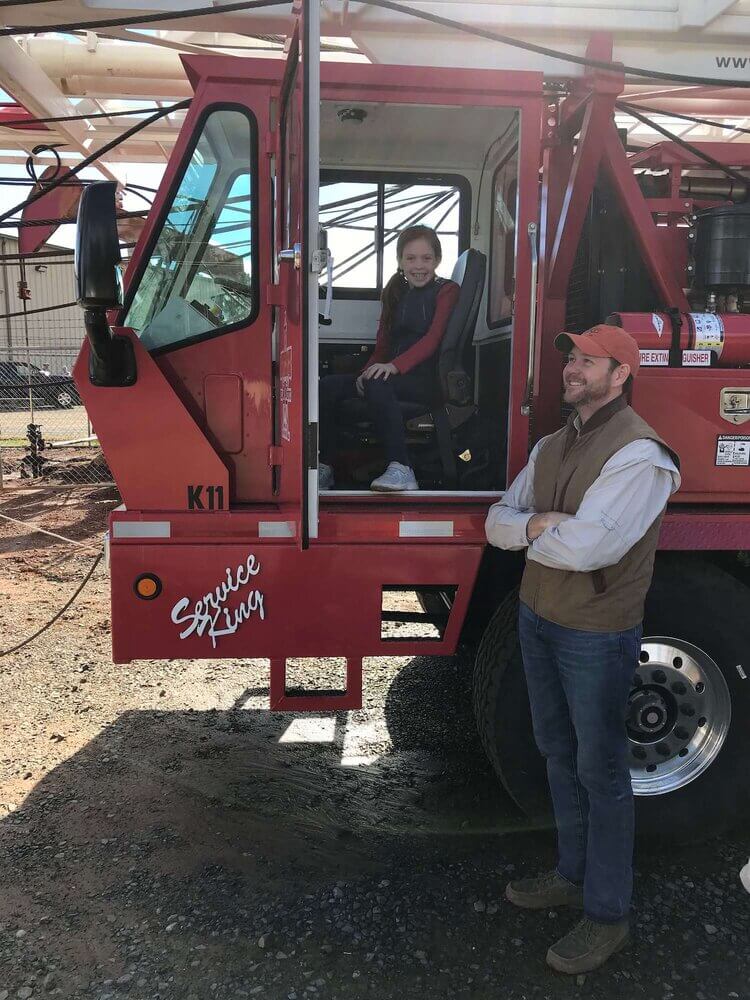
James Abell:
I still love this business. I think it’s exciting. If you’re a thrill-seeker or a gambler, this type of industry is appealing. This industry will humble you but there are opportunities to make it really big. I’m still looking for mine.
Back on the advice for young people, if you think you want to be an entrepreneur, think long and hard. Think about what kind of person you really are and how much risk you are willing to take. I’d be lying if I said there hadn’t been nights that I couldn’t sleep, that I thought “Would I be happier if I was just a manager at some other company – If I didn’t have the stresses of it being mine?” You have a lot of responsibility when you have employees. If your business fails, it doesn’t just affect your life, it affects the lives of your employees and their families.
I’ve got a lot of people putting their faith in me to make this thing work.
So that’s what I would tell young people. If you think you want to get out and start a business, just make sure that it fits your personality and it’s what you really want to do. If it’s important for you to have six weeks vacation every year and be able to just leave work at work, then entrepreneurship is not the right thing for you.
JCDP:
Was there a particular moment or particular thought when you realized that it was for you?
James Abell:
Even though I bounced around college, I always had that entrepreneurial spirit. I always knew I wanted to have a business of some sort. I got into wildlife fisheries science because I was interested in aquaculture. I had worked summers at the UT Marine Science Center down in Port Aransas when I was in high school in their aquaculture program raising shrimp and redfish. My thought was that I would start a fish farm someday. So I’d say even from high school, I knew I wanted to do something in business for myself. I just hadn’t identified what that was yet. Getting into the oil and gas business gave me that opportunity.
James is the Owner of Maverick Well Service based in Kilgore Texas.
